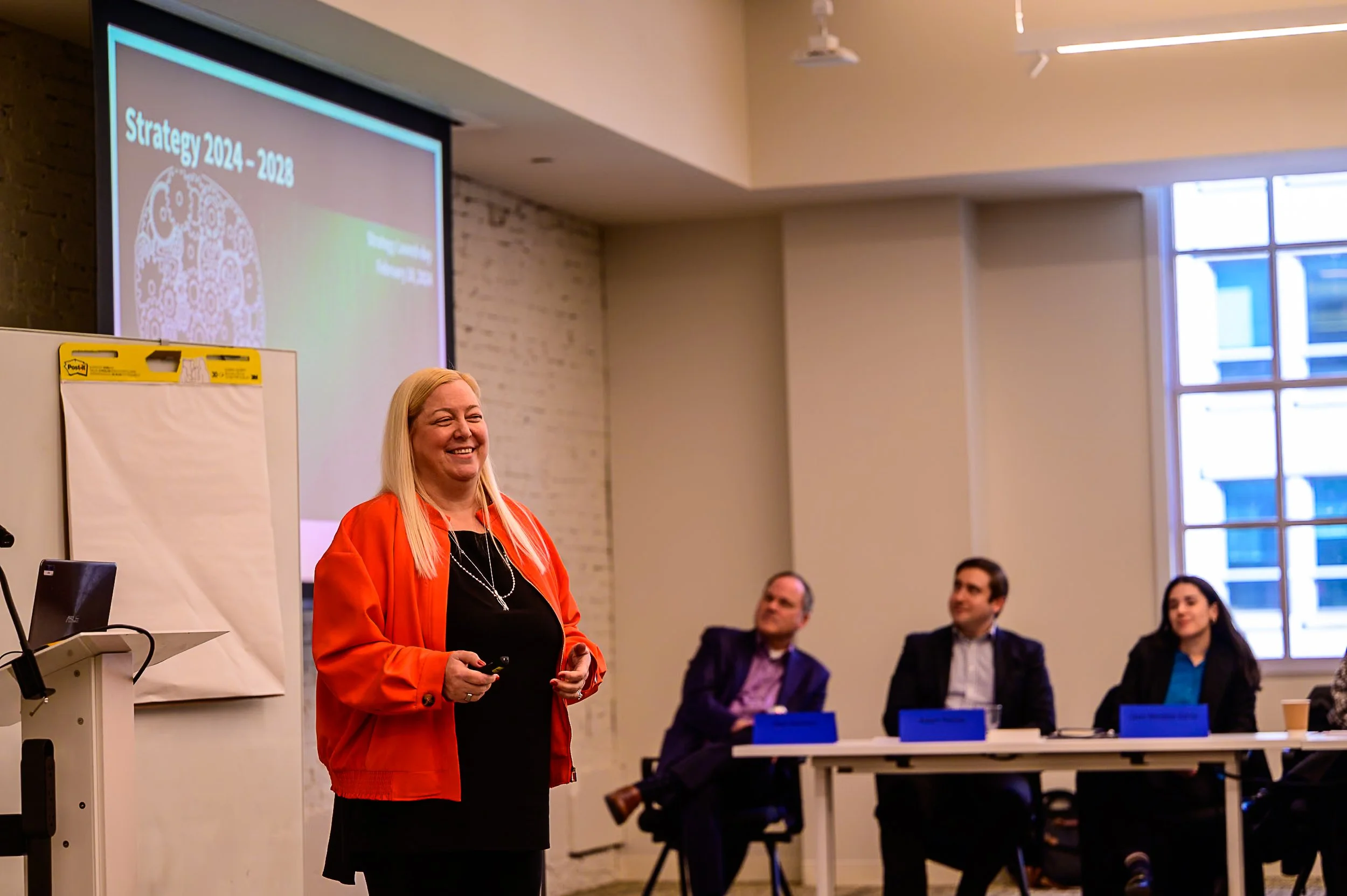
From Experiments to Analysis: My Transition from Research to Consulting
Shifting from neurobiological research on substance use to Federal consulting was not as much of a leap as it may seem. Instead, it was the next step in my career rooted in the same core values. At the heart of both roles are three essential principles that continue to shape my work: innovation, collaboration, and evidence-based problem solving.
In both academic research and consulting, the ability to adapt and innovate is critical. As society changes, whether through technological advancements or shifts in policy landscapes, both researchers and consultants must stay ahead of the curve. In neuroscience, I learned how to question existing models, search for patterns, and pursue new hypotheses with curiosity and focus. The same mindset applies to consulting, where clients often seek fresh insights to tackle complex challenges like public safety, homeland security, and criminal justice. In these contexts, innovation is not just encouraged, it is required to remain relevant and effective.
Equally important is the value of collaboration. In the lab, I worked alongside neuroscientists, clinicians, and policy scholars, each contributing a unique perspective to our shared goals. Consulting is no different. Whether I am a part of a small team supporting one client, or embedded in a larger project with multiple stakeholders, the work relies on trust, shared understanding, and collective problem-solving. The ability to communicate across disciplines, and truly listen to others, is the difference between a good idea and a strategy that can be applied in the real world.
Both career paths share a commitment to data, accuracy, and evidence-based decision-making. In neuroscience, we relied on rigorous methodology to draw conclusions that could influence treatment or policy. Now, as a consultant, I help clients analyze systems through data reviews and performance metrics. Evidence guides our recommendations so our solutions are based on facts, not just theory – making them more implementable in the real world.
At first glance, research and consulting may seem like two distinct worlds. However, their shared emphasis on innovation, collaboration, and evidence make the transition possible and deeply fulfilling. Consulting thrives on people with a wide range of experience, and my research experience has given me a unique lens to help clients think critically and build effective strategies.
By bringing a research-informed perspective into consulting, I can approach challenges and opportunities from new angles, ultimately promoting solutions that are both meaningful and measurable.




















